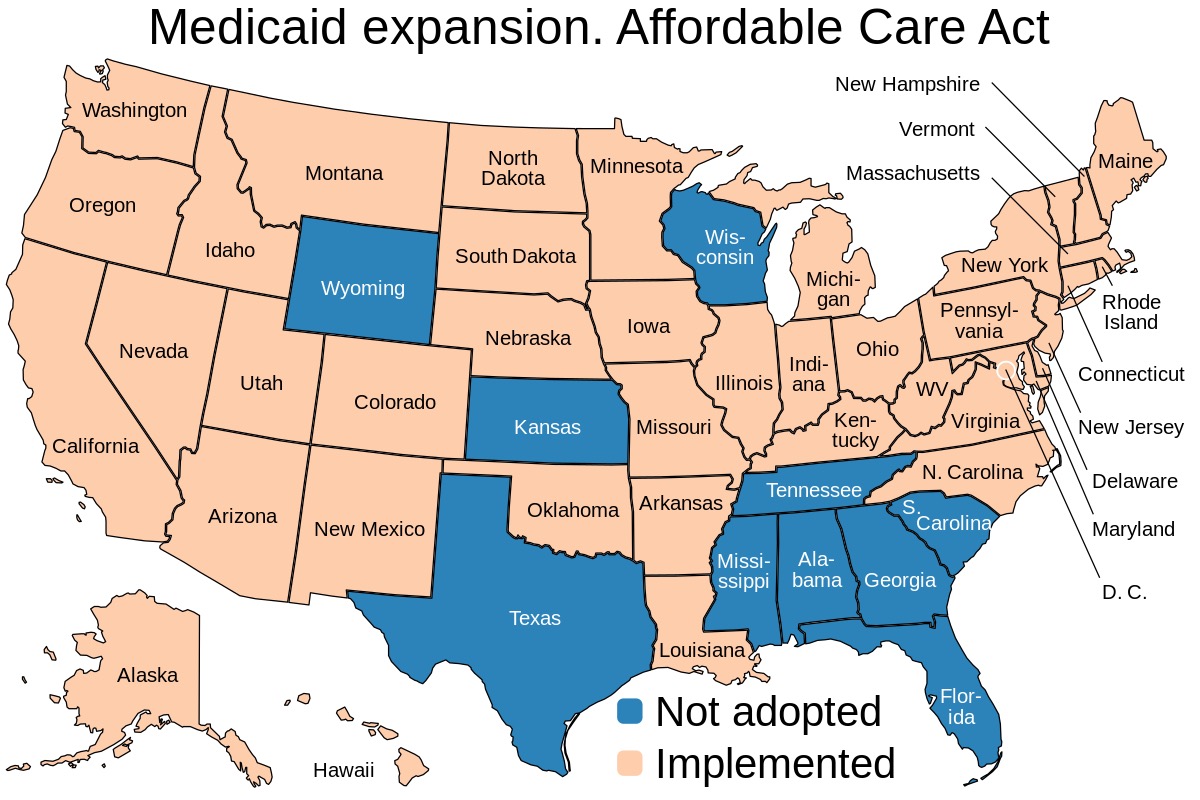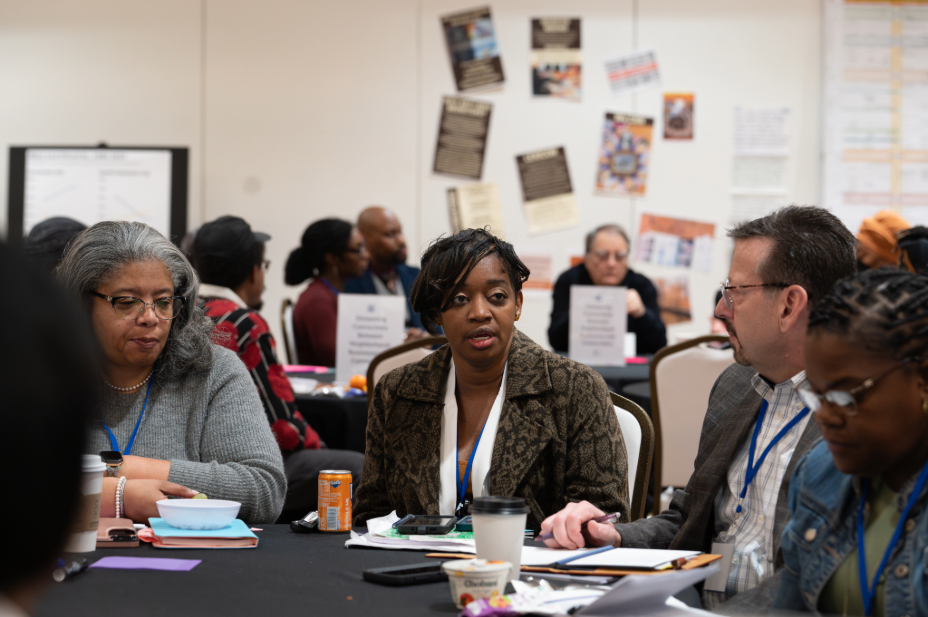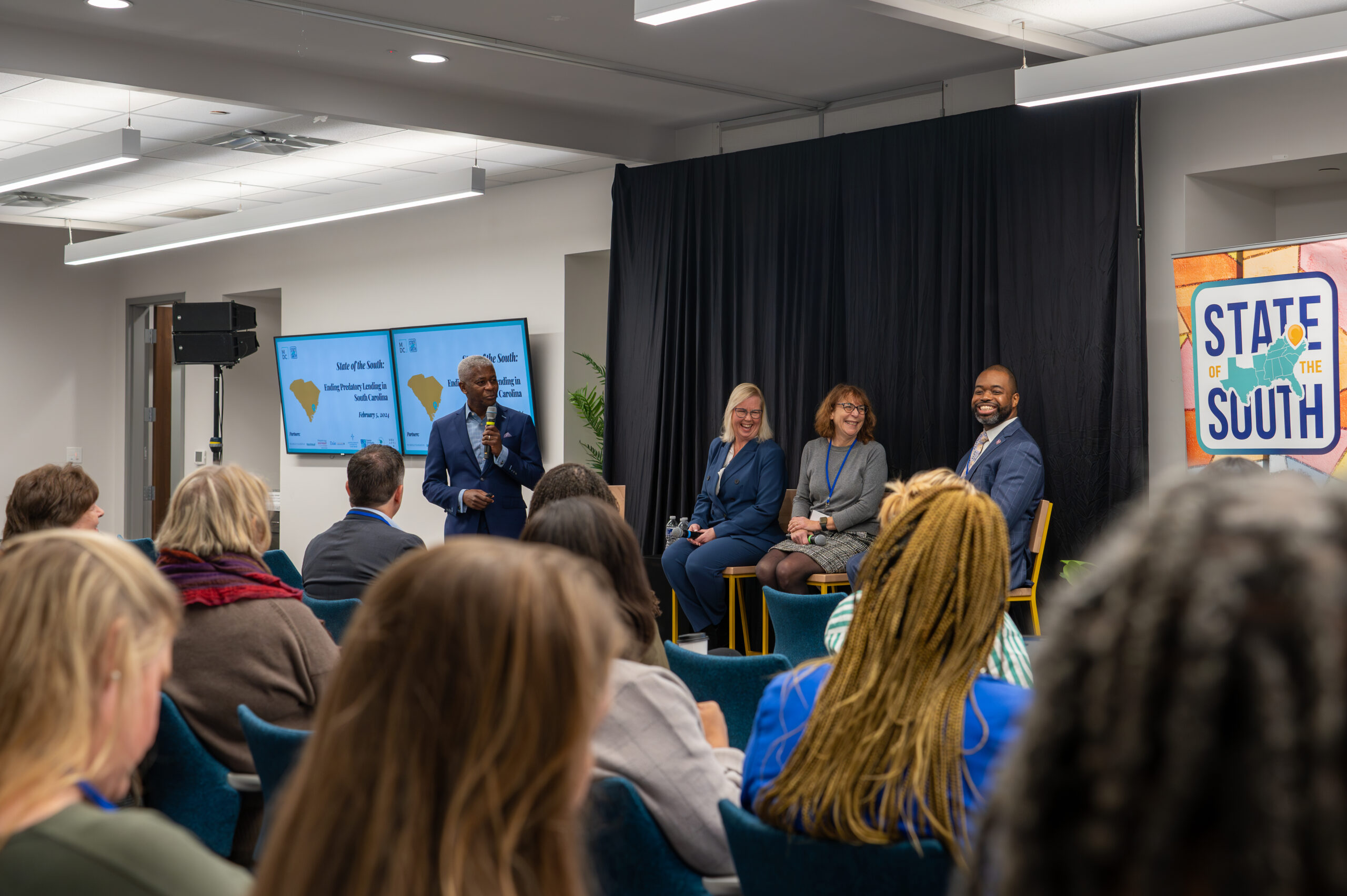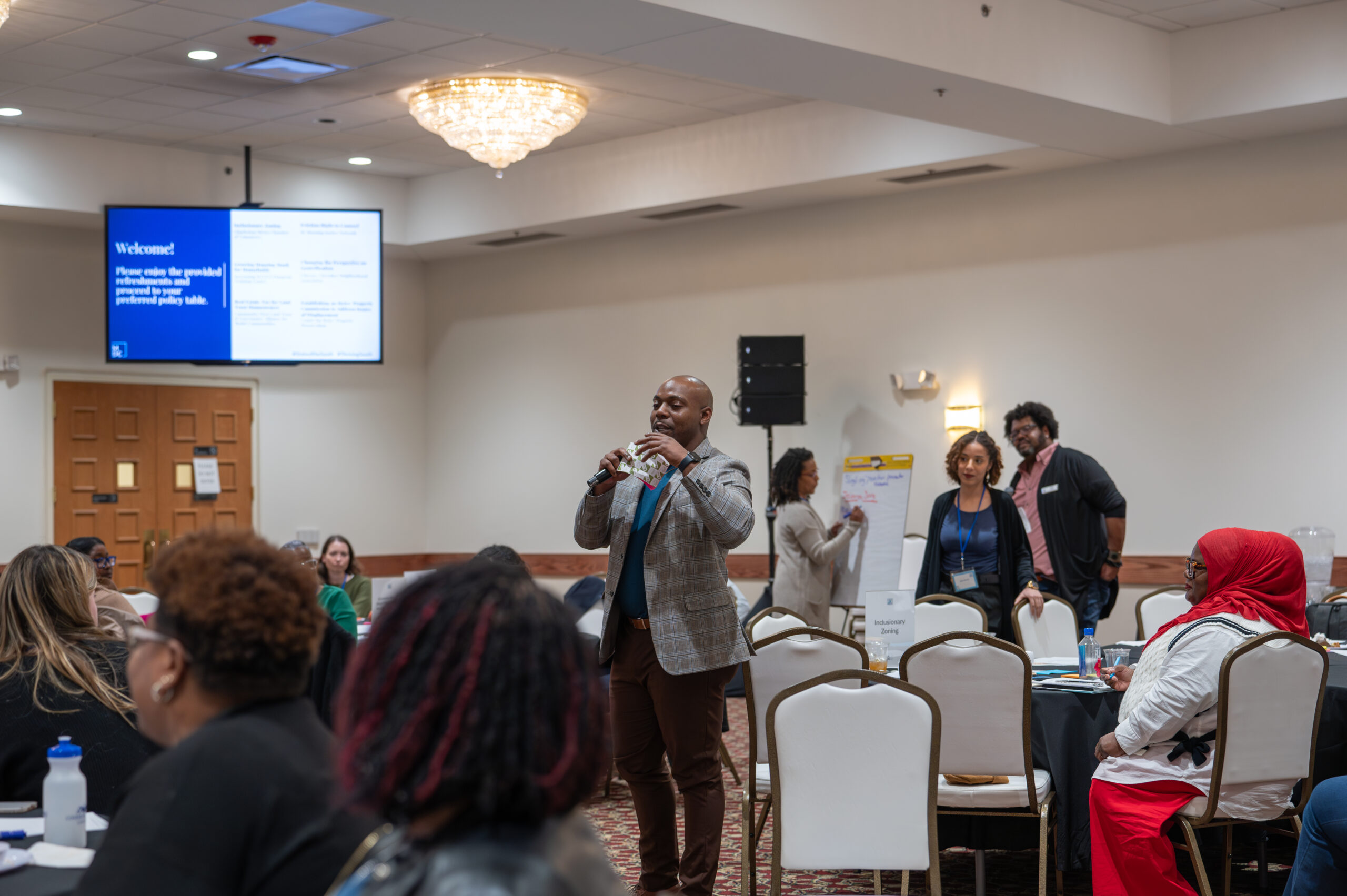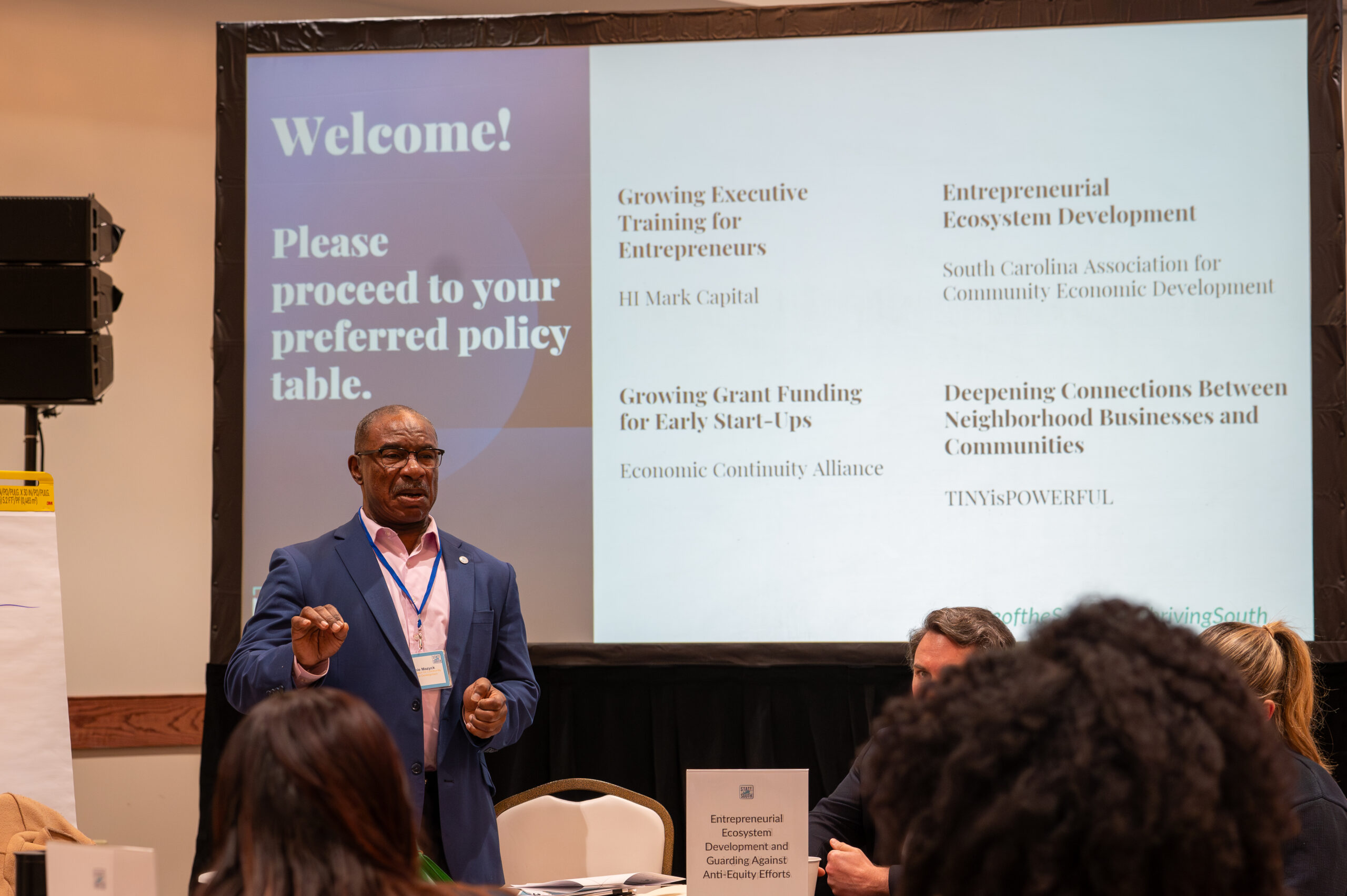Racial Equity Impact Analysis
Jan 25, 2019
The Power of a Racial Equity Impact Analysis
As one of our core Building Blocks for racially equitable work, the Race Matters Institute of MDC, Inc. includes the “systematic application of a racial equity impact analysis for key decisions, policies and practices.” Here are the benefits of using the tool and examples of how some of our clients have applied it.
Results Will Be More Powerful
Too often we see results where across-the-board outcomes improve, but gaps remain or perhaps even widen when the results data are broken out by race. The Racial Equity Impact Analysis (REIA) helps you both raise the overall bar and close the racial gaps that exist on any given indicator by devising or revising approaches so that they speak specifically to how different groups experience an issue. Greater intentionality to understanding how groups are differently situated, and more strategic action from that intentionality, promise better results for all groups and the narrowing of gaps among them. This is what effective work toward racial equity produces.
The Context Requires It
Around any issue, different racial groups are “differently situated.” Circumstances of race, place, income, and other factors position different racial groups with different resources and different needs in relation to any social good. Racial groups share universal aspirations (e.g., college graduation, optimal health, adequate housing, personal safety), but the means for achieving or guaranteeing these aspirations are likely to be varied, based on how groups are situated. One size doesn’t fit all when it comes to successful interventions. For example, if subprime loans are disproportionately given to people of color, even when their economic circumstances are comparable to whites, wealth-building for communities of color will need, among its strategies, to address racial discrimination in subprime lending – an issue that doesn’t systematically affect white communities. Thus, Prof. john powell talks about the approach of “targeted universalism” – the use of varying strategies to advance universal goal attainment. A Racial Equity Impact Analysis helps to identify what those strategies should be or how to alter existing policies and practices in order to achieve greater results for all groups.
The Tool is User-Friendly
The Race Matters tool to conduct a Racial Equity Impact Analysis (REIA) consists of five questions that can be asked regarding any policy, practice, protocol, strategy, product or decision, either existing or proposed. It can be used immediately, with tasks residing on your desk. The questions are these:
- Are the racial/ethnic groups affected by the (focus) represented “at the table”?
- How will the (focus) affect each group?
- How will the (focus) be perceived by each group?
- Does the (focus) ignore or worsen existing disparities? Have other unintended consequences?
- Based on the above, what revisions are needed in the (focus)?
Here are some ways that Race Matters Institute clients have used the tool in their work:
- Put their Strategic Plan through the REIA to see where it needed to be strengthened in order to address different racial groups effectively
- Used the tool to improve HR policies
- Determined whether investments needed to be modified in order to close racial gaps
- Fine-tuned programmatic work so that it speaks more directly to different groups
- Framed a conference in more inclusive ways
- Raised the questions from the tool in settings where they serve in advisory and advocacy capacities so that these settings can become more intentional about seeking racially equitable results
- Expanded their information sources as an immediate way to access the insights different groups (and different media) bring to the table
- Diversified contractors and vendors
- Reviewed and improved draft communications products




